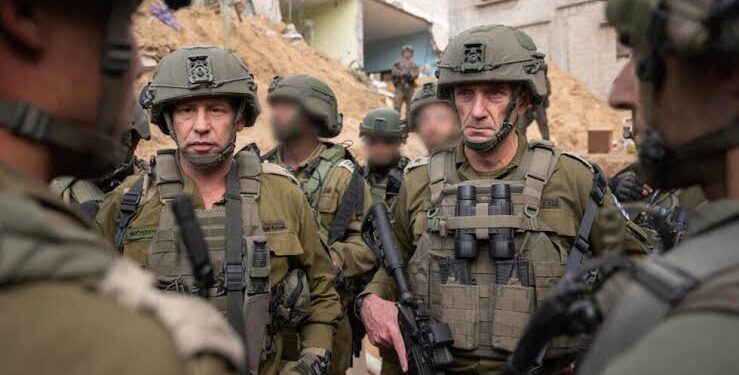The Israeli military has issued draft notices to 1,000 members of the ultra-Orthodox community. This controversial decision aims to bolster the army’s ranks amid the ongoing conflict with Hamas but threatens to deepen the divide between religious and secular Israelis.
Why It Matters
The Supreme Court’s recent ruling has shattered a long-standing arrangement, ending blanket exemptions for Jewish seminary students—a policy that dates back to Israel’s founding in 1948. Back then, the ultra-Orthodox, or Haredi, population was minimal. Today, they are a rapidly growing community, and their leaders are not pleased.
Prime Minister Benjamin Netanyahu’s government, already under strain from internal divisions and external threats, faces fierce opposition from its two religious parties. These parties argue that forcing seminary students to serve alongside secular Israelis, including women, jeopardizes their religious identity. Some rabbis have gone so far as to encourage their followers to burn their draft notices.

What They Are saying
Despite this fiery rhetoric, not all Haredim are opposed to military service. The Israel Defense Forces (IDF) have established several units specifically for the ultra-Orthodox. Some new recruits, like 19-year-old Netsach Cohen, are willing to serve but caution against a heavy-handed approach. “If you want to draft Haredis, first learn what you need to do to draft Haredis. Don’t do it forcefully,” he advised before reporting for duty.
However, many from more devout communities remain adamantly opposed. “Whoever does not understand the value of study cannot understand why Haredis do not want to be recruited,” stated David Mizrahi, a 22-year-old seminary student from Jerusalem. He warned that enforcing the draft would only exacerbate tensions.
The government plans to issue more call-ups soon, aiming for a total of 3,000 ultra-Orthodox conscripts. Meanwhile, efforts to pass a conscription law that could offer some form of compromise continue, but the clock is ticking. With Israeli forces still embroiled in Gaza, nine months after the Hamas-led attack on October 7, and looming threats from Lebanon, the pressure on secular Israelis to share the military burden intensifies.
Bottom Line
In Israel, mandatory military service begins at age 18, lasting 24-32 months. While most of Israel’s 21-percent Arab minority are exempt, some do choose to serve. The debate over conscription is a complex and heated one, reflecting the broader struggle over the country’s identity and future.

















